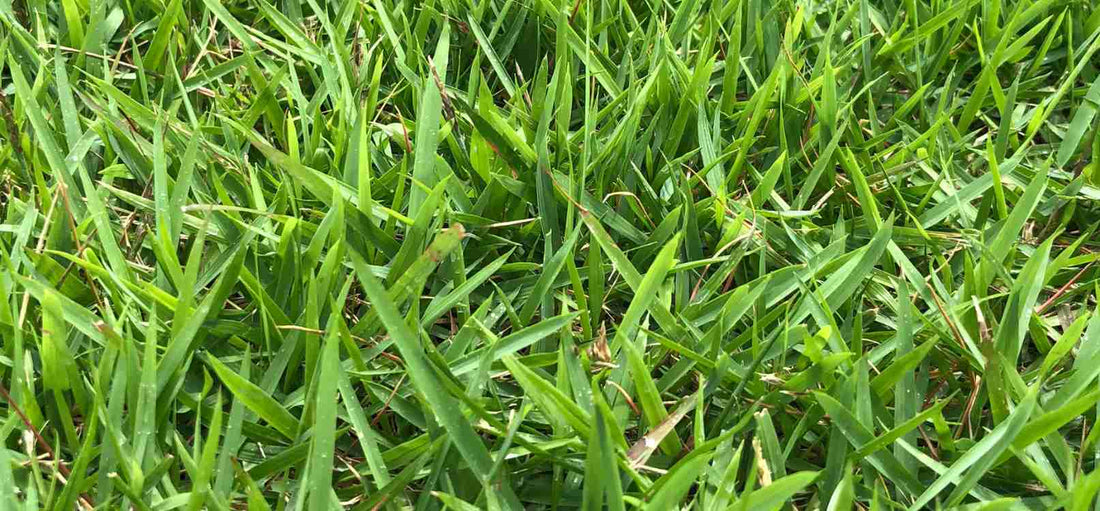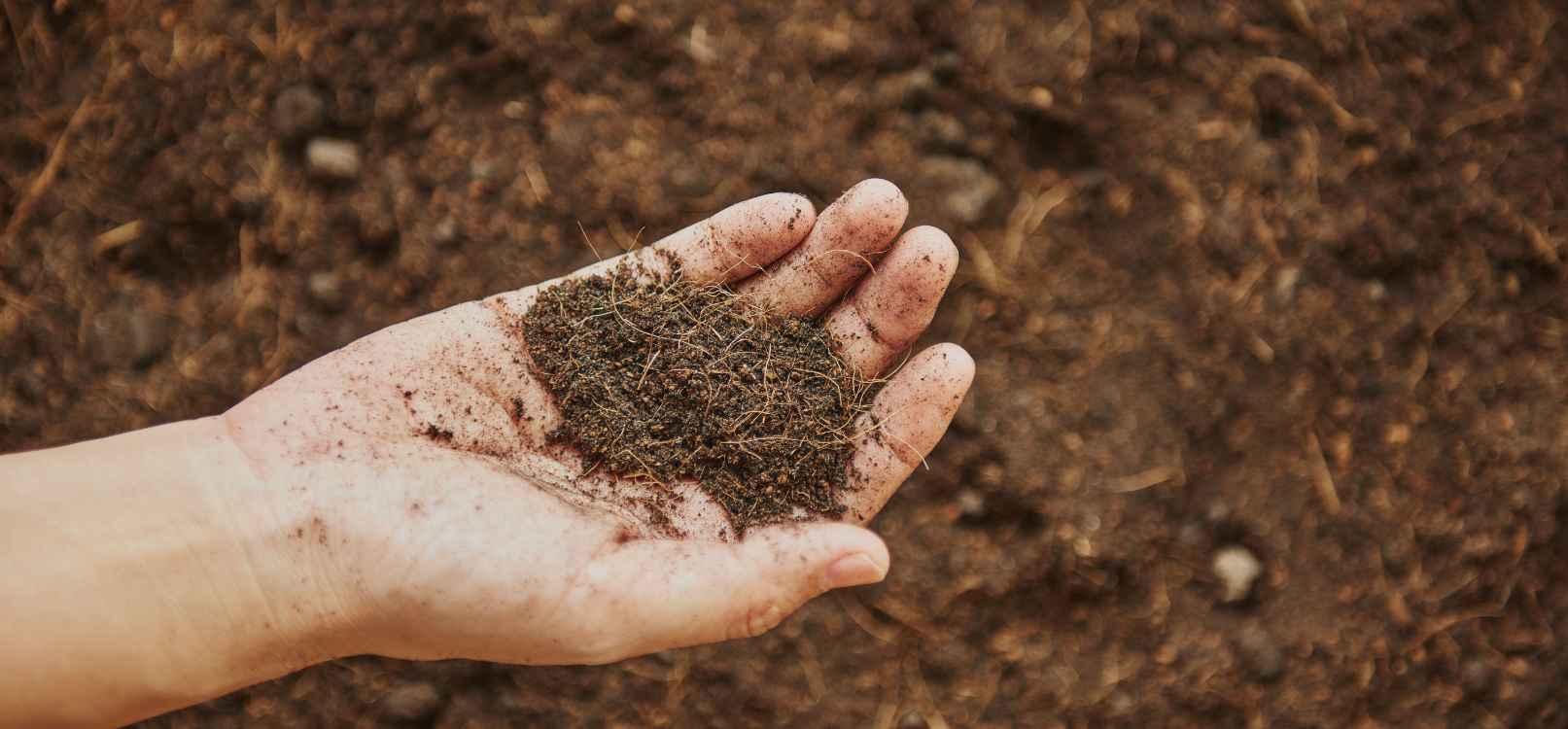
How to Lower pH in Soil and Make it More Acidic
Jamie TedderSoils have different mineral compositions and organic content, and these differences influence the soil's acidity or alkalinity, measured on a pH scale. The pH scale, ranging from zero to 14, designates 7.0 as neutral, with lower values indicating acidic soil and higher values representing alkaline soil.
The ideal soil pH for most grass varieties falls within the range of 6.5 to 7.0, though there are exceptions, with some grass types favoring slightly more or less acidic conditions. Cool-season grasses usually thrive in soils ranging from 6.0 to 7.2. Meanwhile, warm-season grasses, such as St. Augustine, exhibit optimal growth in soil with a pH between 5 and 7, while Bermuda prefers a pH of 5.8 to 7. Zoysia grass is more specific, requiring a soil pH of 6 to 7.
Understanding Soil pH and Why It Matters in Lawn Health
Maintaining proper pH levels is essential for optimizing your plant's nutrient uptake. In cases where the pH is too high or alkaline, grass may struggle to absorb essential nutrients from the soil. Nutrients like nitrogen, phosphorus, potassium, and calcium can become less available to plants due to leaching or reduced solubility, making them less accessible for plant uptake. These alkaline conditions may lead to nutrient imbalances and deficiencies, ultimately affecting grass growth and overall health.
Establishing a new lawn with sod grass provides the benefit of having mature plants that can adapt and thrive even in less than ideal pH levels. It means homeowners have one less problem to deal with in the process.
Nevertheless, taking the steps to ensure your soil has the right pH will go a long way in creating the optimal conditions for healthy grass growth.

How to Make Your Soil More Acidic
You can actively work on lowering the pH levels of your soil year-round. However, keep in mind that observing changes in soil pH may take some time, and the results may vary based on factors like the initial soil acidity levels, the size of your lawn, and the type of amendments applied.
Compost
While compost itself may not directly alter soil pH, it provides essential nutrients lacking in alkaline soil. You can use organic matter, like wood chips, dried leaves, and well-rotted manure, for mulching.
Coffee Grounds
Coffee grounds are also an option, but be careful not to apply them directly to the soil. It can make the soil too acidic, and their tendency to compact may prevent proper drainage. Avoid these issues by mixing coffee grounds into compost before introducing them to the soil.
Compost Tea
Alternatively, you can make compost tea by adding compost to a bucket of water. Stir every two days for a week and filter it through a sieve. Mulch the solid materials into the soil, and use the liquid as a nutrient-rich irrigation for your lawn.
Iron Sulfate
In alkaline soils, iron becomes less available to plants due to reduced solubility. It leads to deficiencies known as iron chlorosis, characterized by grass displaying a yellow, speckled appearance or dark veins with pale yellow in-between. Iron sulfate, or ferrous sulfate, can address these deficiencies by providing plants with a soluble form of iron, facilitating optimal nutrient uptake.
Aluminum Sulfate
Aluminum sulfate provides a quick solution for lowering soil pH, making it a good option if you're on a tight schedule before installing new sod grass. It reacts rapidly and can adjust soil pH within days. However, it requires a higher volume of material, usually exceeding five pounds per 100 square feet, to get the same pH levels you would achieve in other methods. Its fast-acting nature and application rates increase the risk of over-application.
Elemental Sulfur
In its elemental form, sulfur lowers soil pH by undergoing a sequence of chemical reactions when applied to the soil. It transforms into sulfuric acid upon exposure to moisture and oxygen, which subsequently interacts with calcium carbonate, which is prevalent in alkaline soils. These reactions gradually decrease the soil pH, making your soil more acidic over time.
Because sulfur takes significant time to break down and become available for plant uptake, it's essential to work it into the soil in the summer or fall, ahead of sod installation in spring. This timing allows enough time for the sulfur to take effect, ensuring optimal soil health for grass growth.

Signs Your Soil Needs More Acid
A visual examination of your existing grass can reveal signs of whether soil amendments are necessary. Plants that prefer acidic environments but lack access to them may display symptoms of nutrient deficiencies as they struggle to absorb nutrients in alkaline soils:
- Stunted growth
- Curled leaves
- Wilted leaf tips
- Yellowish grass blades
- Yellow spots or holes between leaf veins
A soil test provides a more precise evaluation of your soil's pH level, giving insights into its composition and acidity. Soil test kits are readily available at home improvement stores, nurseries, and local garden centers. They work by analyzing the soil sample collected from your lawn, revealing current pH levels, and identifying any acidic elements or alkaline components present. Based on the soil test results, you can tailor your lawn care approach to address the specific needs of your soil and grass type, ensuring optimal growth and health for your lawn.
Alternatively, you can send a soil sample to a professional lab, offering comprehensive analysis beyond pH levels. These tests provide detailed information on the amendments required to correct soil pH, tailored guidance based on soil types, like clay or sandy soils, and recommendations for addressing specific soil issues like compact soil.

Takeaway
Whether establishing a new lawn or repairing an existing one with grass sod, maintaining the proper pH level in your soil is essential to create an optimal environment for your sod grass and foster strong root growth, lush greenery, and overall resilience to environmental damage.
For expert lawn care tips and access to premium-quality grass for sale, visit the Bethel Farms website today.
